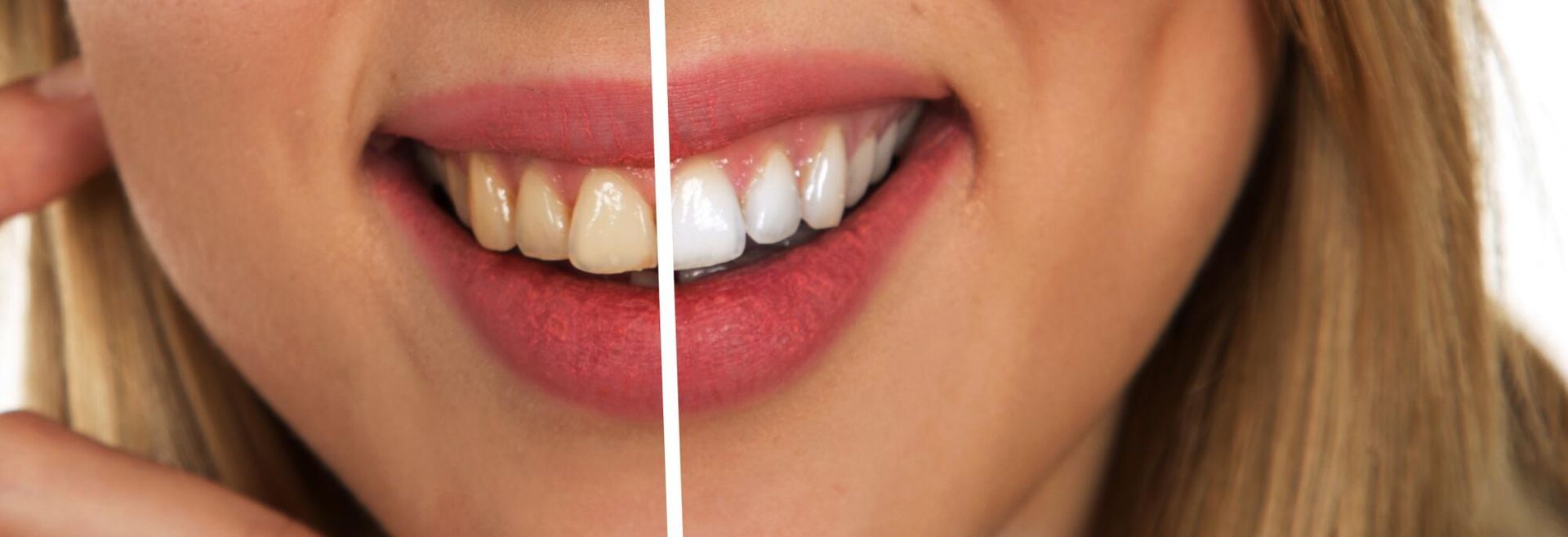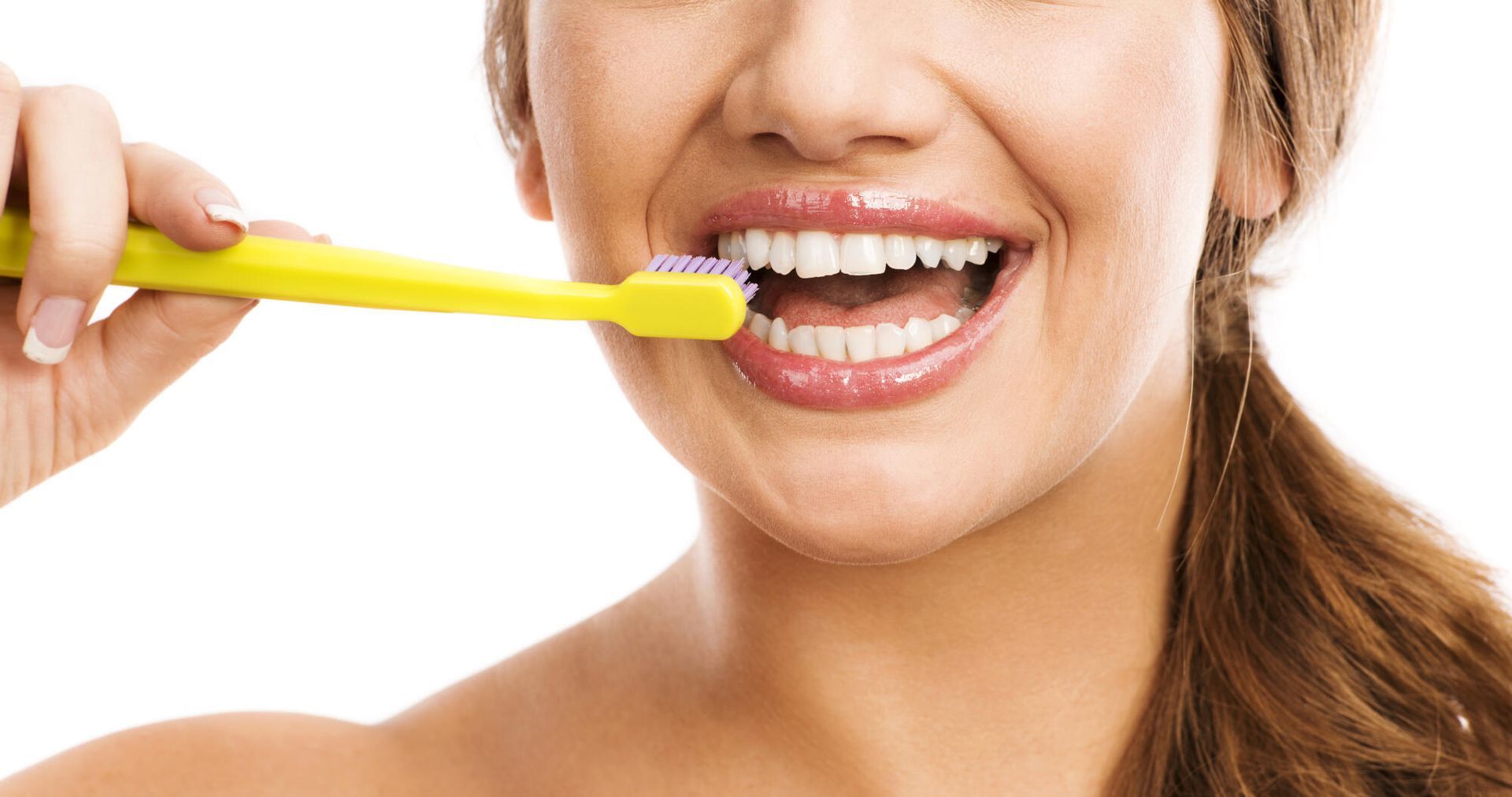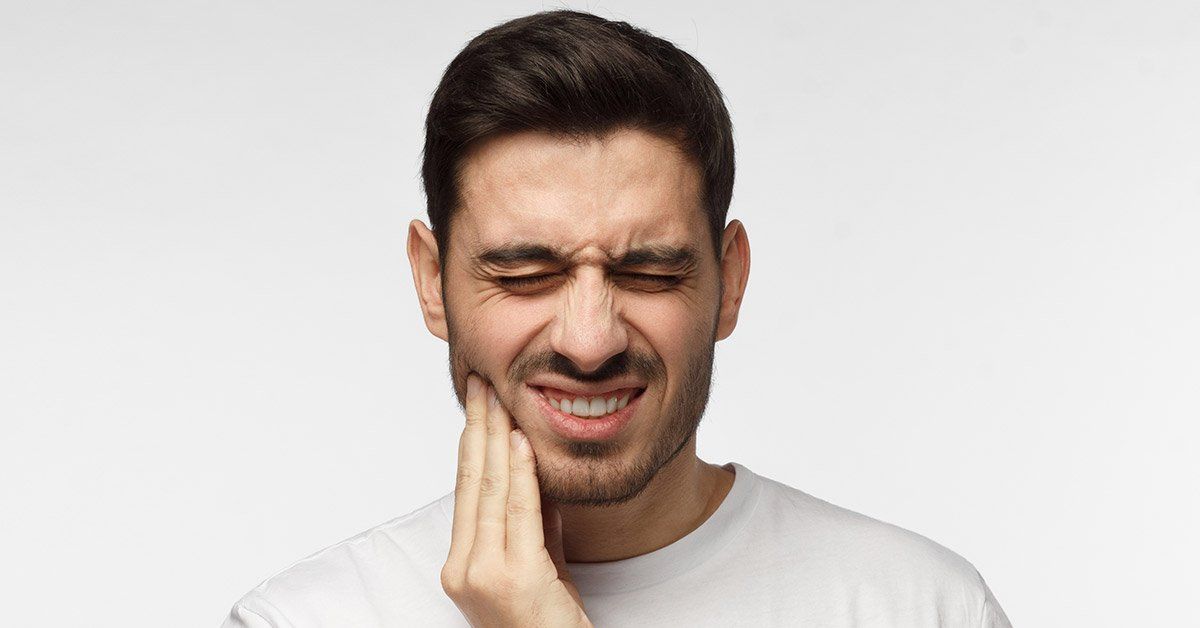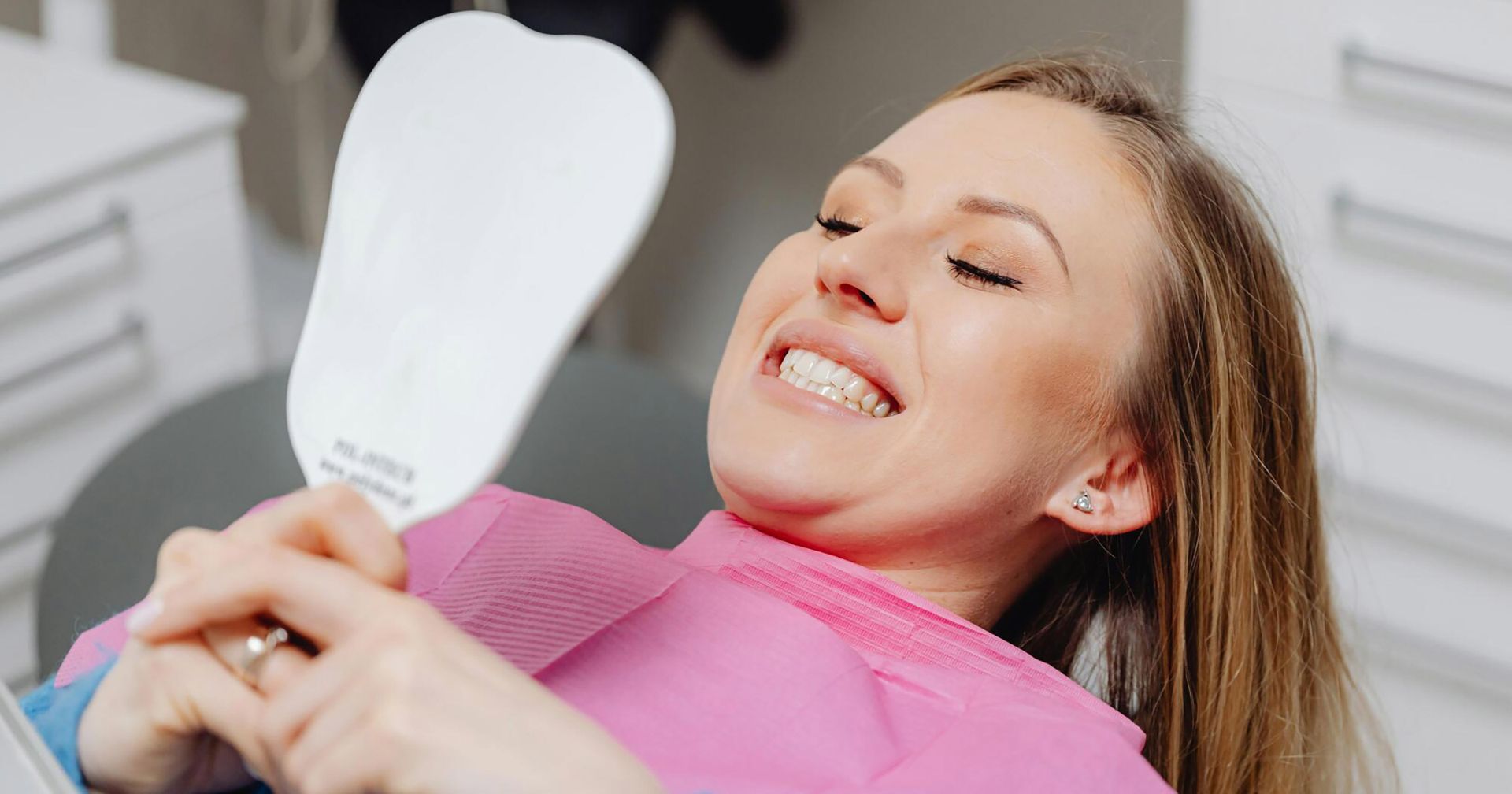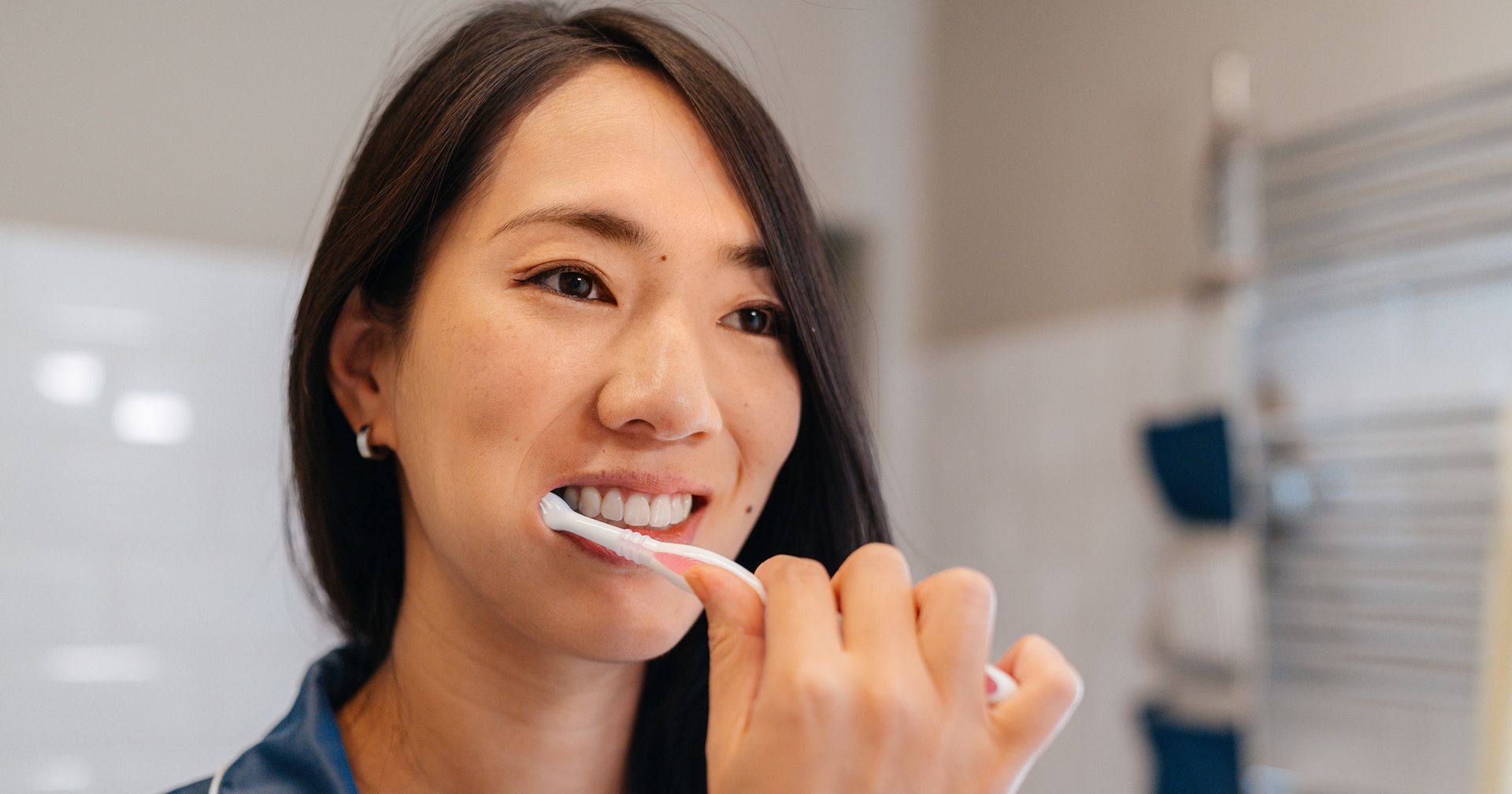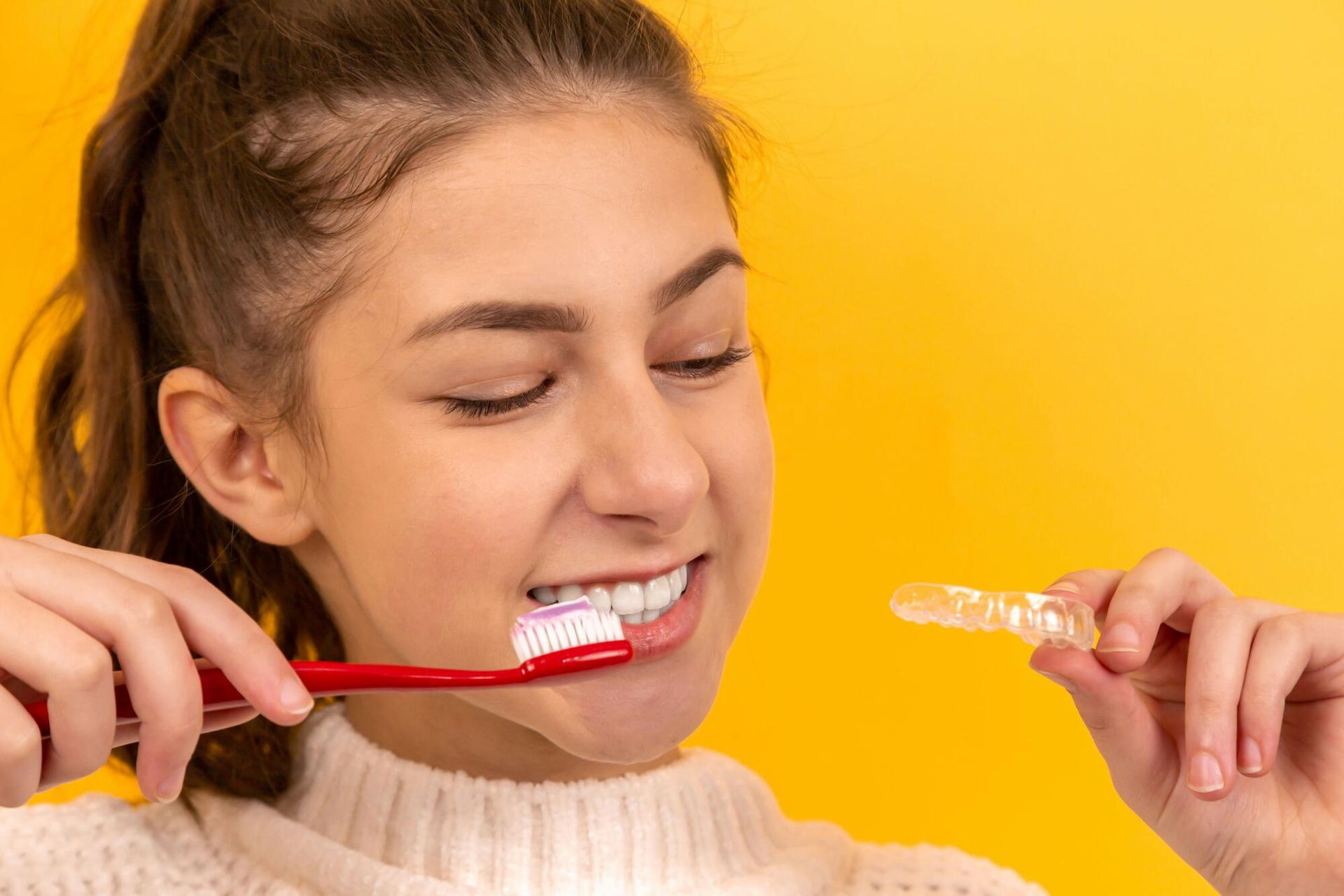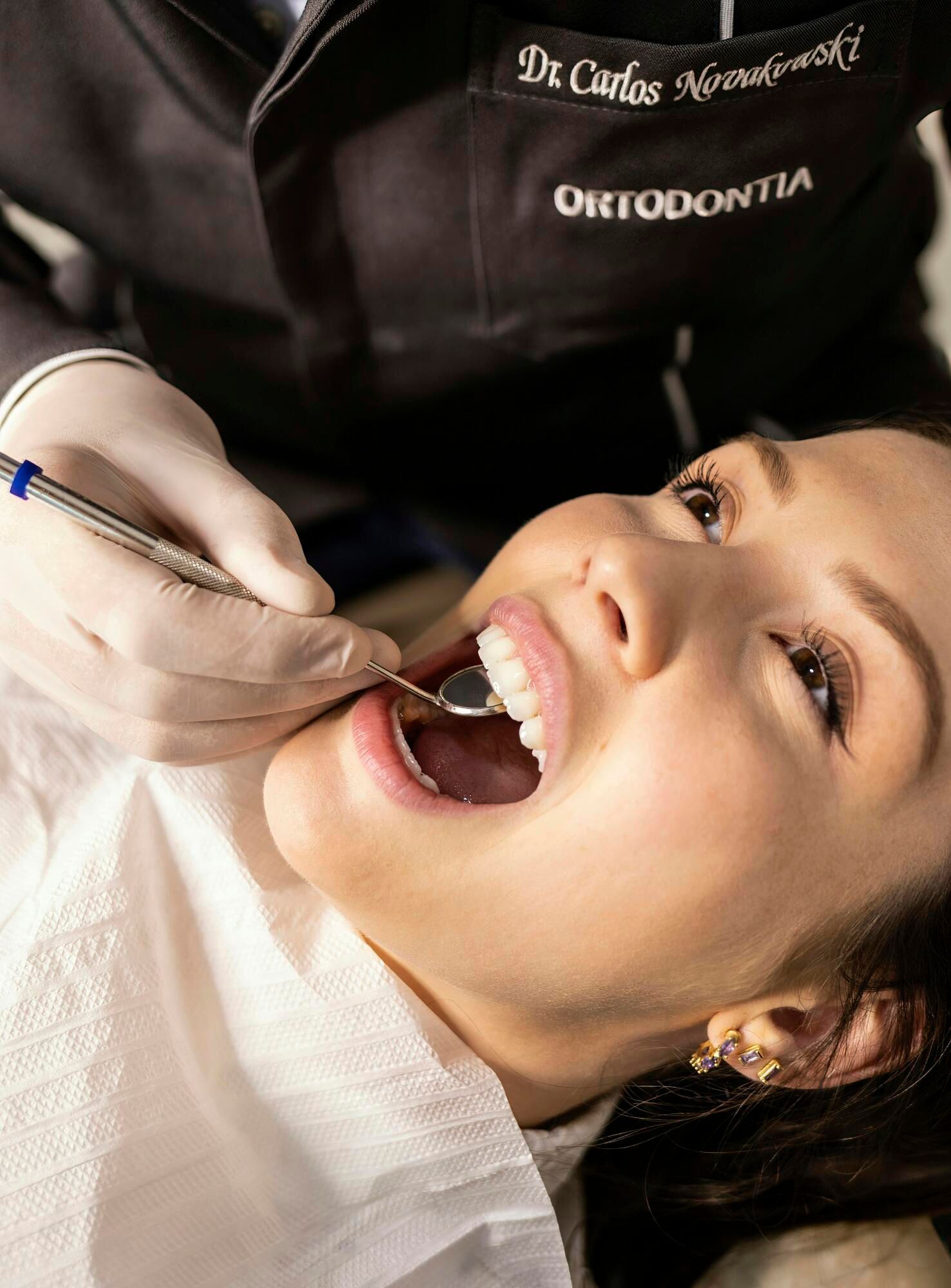Bruxism: How to Tell if You're Grinding Your Teeth at Night
Grinding your teeth at night- also known as bruxism, can be a serious problem. How do you know if you're grinding your teeth at night? Read on to find out.
Anywhere from eight to 16 percent of adults suffer from sleep bruxism -- also known as nighttime teeth grinding.
Are you guilty of grinding your teeth at night? Or, are you unsure of whether or not you actually grind them? Lots of people grind their teeth when they sleep and don't even realize it.
It's important to figure out whether or not you're grinding your teeth at night, though. If you don't address the issue as soon as possible, you could end up dealing with some serious dental problems.
Read on to learn some signs of grinding your teeth when you sleep. You'll also learn more about the risks associated with long-term teeth grinding and learn how to treat bruxism.
Signs You're Grinding Your Teeth at Night
If you're not sure if you grind your teeth at night, be on the lookout for the following signs and symptoms:
Grinding or Squeaking Sounds
Does your partner ever complain about grinding or squeaking sounds while you sleep? Have they taken to wearing earplugs at night?
You might not hear the sound of your teeth grinding, but your partner might. Ask them if they ever hear any questionable sounds while you're sleeping.
Damage to Your Teeth
Have you noticed that your teeth are cracked or chipped? Have they felt loose? Do they seem like they've shifted recently?
If you're noticing damage to your teeth and aren't sure where it's coming from, bruxism could be the problem.
Teeth Sensitivity
Have your teeth become more sensitive recently? Do you have more aches or pains? Are they sensitive to hot or cold temperatures?
If your teeth are more sensitive, it could be because you're grinding your teeth at night and wearing down the enamel.
Pain in the Jaw
If your jaw feels achy or sore, especially when you wake up in the morning, there's a good chance that it's because you grind your teeth while you sleep.
Pain in the Temples or Ears
Grinding your teeth at night could also cause pain in your ears or temples. Some people who suffer from chronic headaches or earaches find that, when they address their bruxism, their other aches go away.
Damage to the Tongue or Cheeks
If you grind your teeth at night, you might also notice damage to the tissues surrounding the teeth -- the gums, the insides of the cheeks, or the insides of the lips. Check to see if you have any abrasions, scarring, or indentations that indicate teeth grinding.
Flat Back Teeth
Long-term teeth grinding can result in flattened teeth. Have your back teeth gotten smaller, smoother, or flatter recently? Chances are it's because you're grinding your teeth.
A Constant Need to be Chewing
Finally, do you feel a need to constantly be chewing on something during the day? If you always need to chew on something -- pens, straws, even gum -- this could be a sign that you've "trained" your jaws to always be chewing by grinding your teeth at night.
Common Reasons for Teeth Grinding
There are a lot of reasons why people grind their teeth while they sleep. Some common explanations for nighttime teeth grinding include:
- Stress
- Anxiety
- Abnormal bite
- Missing teeth
- Crooked teeth
Nighttime teeth grinding can also be a symptom of sleep disorders like sleep apnea.
Risks Associated with Bruxism
Is nighttime teeth grinding really a problem? Sure, it might be a bit annoying to your partner, but do you actually need to worry about it?
In short, the answer is, "yes."
There are a lot of risks associated with long-term bruxism, including the following:
- Loosened or lost teeth
- Flattened or worn down teeth
- Chronic jaw pain
- Temporomandibular joint disorders
- Changes in the appearance of the face
If you grind your teeth at night on a regular basis, you could cause severe damage, which could result in a need for bridges, crowns, implants, or even partial dentures. Basically, yes, you do need to take your teeth grinding seriously and try to fix it.
How to Treat Bruxism
Clearly, nighttime teeth grinding is a serious issue. Luckily, though, there are a lot of steps you can take to stop grinding your teeth. Start with one of these remedies:
Mouth Guards and Splints
Mouth guards and splints are a preventative dentistry tool that can help create a barrier between your top and bottom teeth. This, in turn, prevents you from grinding your teeth while you sleep.
Anxiety and Stress Relief
If you think your teeth grinding is the result of severe anxiety or stress, take steps to minimize those feelings in your everyday life. Consider talking to a therapist or taking up stress-relieving practices like yoga or meditation.
Addressing Dental Problems
If you have unaddressed dental problems like crooked teeth or missing teeth, talk to your dentist about getting them fixed. If you address these issues, you might not need to wear a mouth guard or use any other kind of treatment.
Lifestyle Changes
There are also a lot of lifestyle changes you can make that will minimize your chances of grinding your teeth while you sleep. Some changes you might want to make include:
- Avoiding food and beverages that contain caffeine
- Avoiding alcohol
- Avoiding chewing on anything other than food during the day
- Holding a warm washcloth to the cheeks before bed to relax the muscles in the jaw
Simple changes like this can have a big impact on the frequency at which you grind your teeth at night.
Do You Grind Your Teeth at Night?
Now that you know more about the signs of bruxism, do you think you're guilty of grinding your teeth when you sleep?
If you do grind your teeth at night, be sure to keep these treatment tips in mind so you can stop and avoid future damage.
It's also important to see a dentist as soon as you can. A dentist can create mouthguard for you to help you avoid grinding your teeth. They can also help you learn other techniques to keep bruxism at bay.
Do you need a dentist in the Seattle area? If so, contact us at today to schedule an appointment.